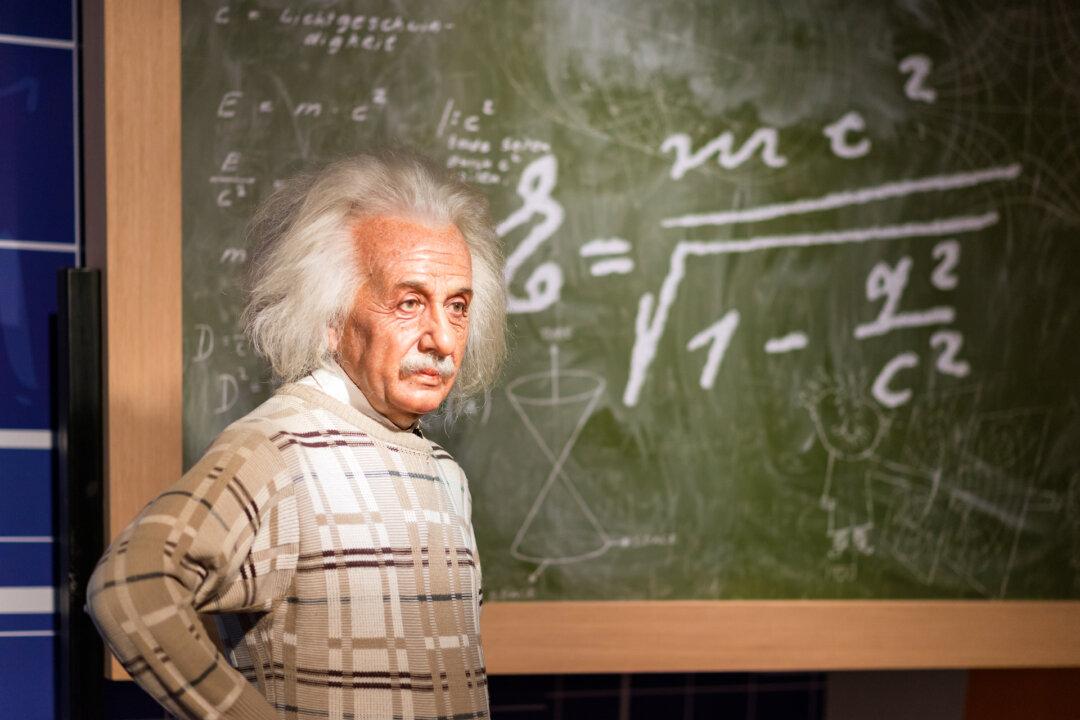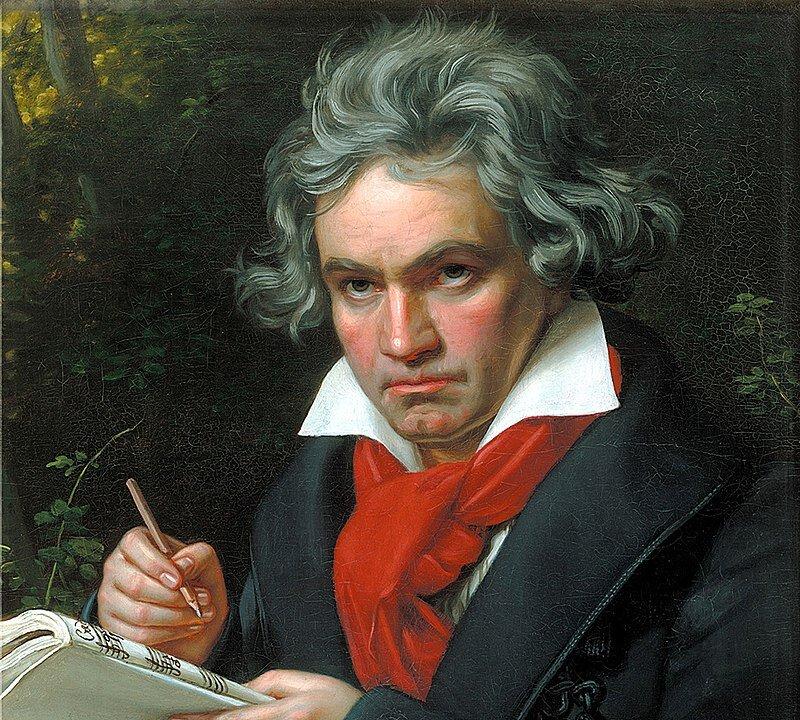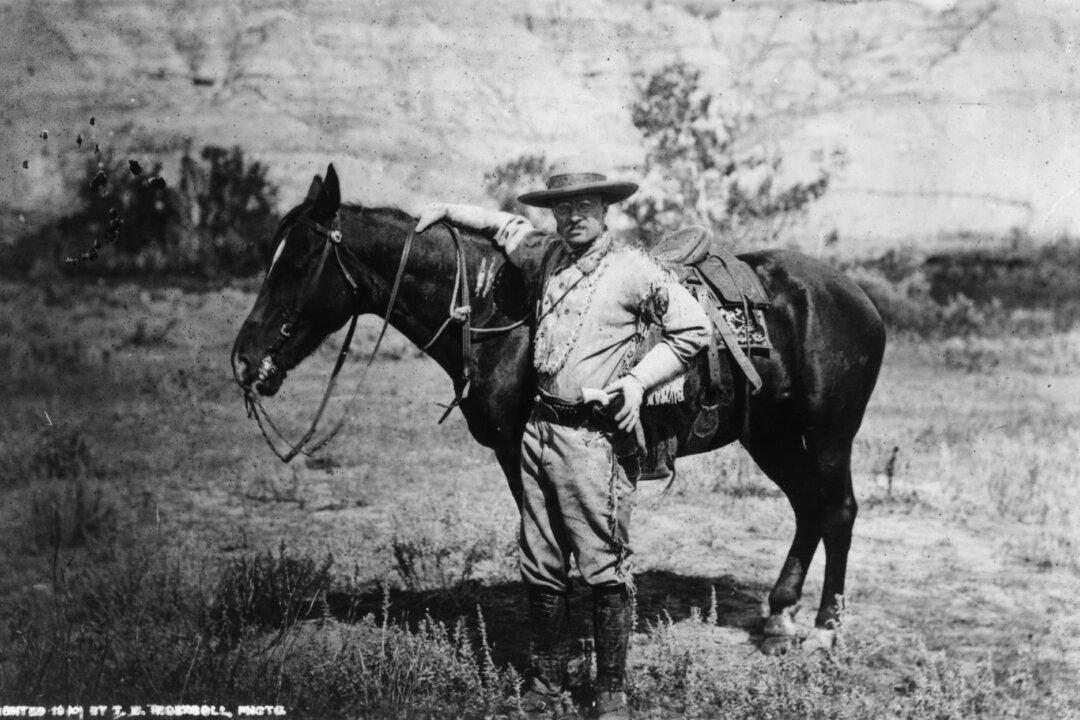I recently wrote about the wonderful saying, “When life gives you lemons, make lemonade.” And it turns out that many of the greatest people in history have done just that. They turned failure into success, they turned hardship into inspiration, and they turned loss into generosity.
When life is getting us down, these are helpful stories to remember. And if you have a child who’s struggling academically, fear not—there is a gem underneath, and that gem could turn out to be an intellectual genius. This idea is exemplified in the story of Albert Einstein.





